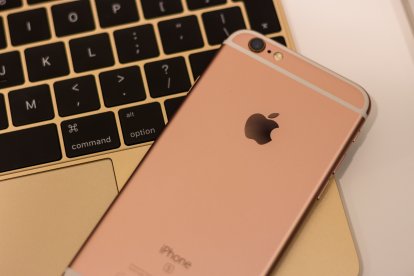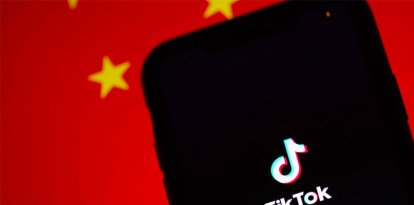China bans state officials from using iPhones for work
Apple devices are the best sellers in the Asian country and are commonly used in both public and private life.

(Pexels)
Apple suffered a major setback in the stock market after Chinese Communist Party authorities banned employees of several state agencies from using iPhones inside offices or for work purposes.
The measure was revealed exclusively on Wednesday by The Wall Street Journal, which detailed that this would be the latest move by Chinese authorities to reduce their dependence on foreign tech companies and improve the country's cybersecurity amid attempts to control the flow of sensitive information beyond its borders.
According to the WSJ, the decision could have a frightening effect on foreign companies like Apple, which dominates the market of high-end smartphones in China.
In fact, 19% of Apple's total revenue comes from China, which is undoubtedly one of its largest markets.
However, China's new ban is already affecting the company. According to a Bloomberg report, after the measure was made public, Apple shares fell 3.3% and now stand at $183.53. This is the stock's biggest decline since Aug. 4.
The WSJ report also said it was unclear how far China would go and whether the ban could be expanded over time.
On the other hand, it does point out that officials from various Chinese state agencies were ordered to stop using iPhones for work through messages in group chats and meetings during recent weeks.
China's restrictions on devices from Apple and other foreign companies had already been enforced, according to the report, but the provision has now expanded to add tougher means of enforcement.
The measure comes at a time when the United States, like China, has decided to ban devices from Chinese companies such as Huawei or applications such as TikTok in government entities to protect national security. Both superpowers are concerned about data theft amid a sharp deterioration in relations between Beijing and Washington.
Some experts, such as Paul Haenle, former White House China director on the National Security Council under former Presidents George W. Bush and Barack Obama, explain that China's move may not only be due to national security concerns but also economic interests.
According to Haenle, starting to boycott or ban the use of Apple devices could generate a great growth opportunity for Chinese tech companies.
However, national security seems to be the key point, as China has not only boycotted companies such as Apple, but also Elon Musk's Tesla. Since July, the country has also begun to broadly update its anti-espionage laws.
RECOMMENDATION





















